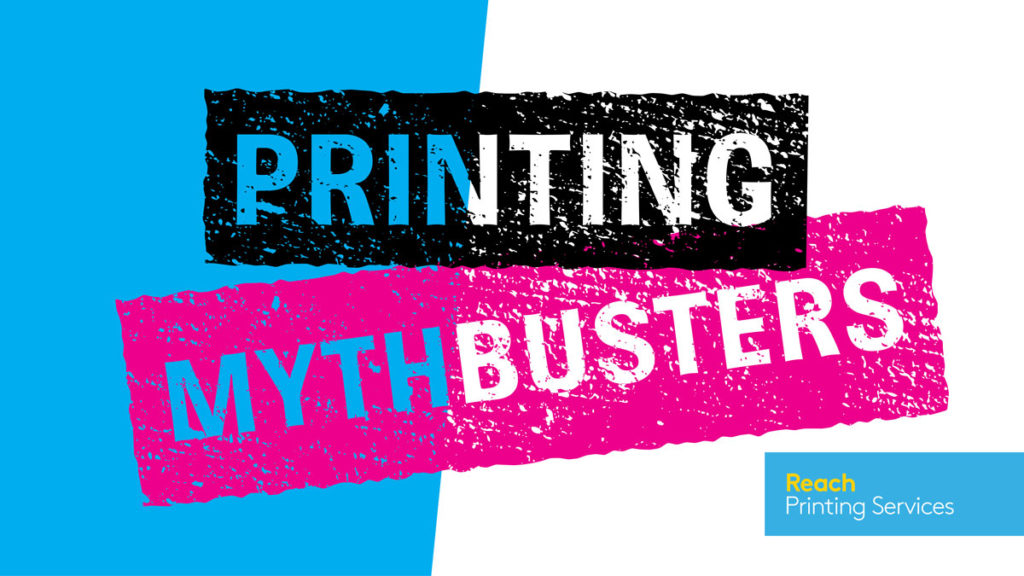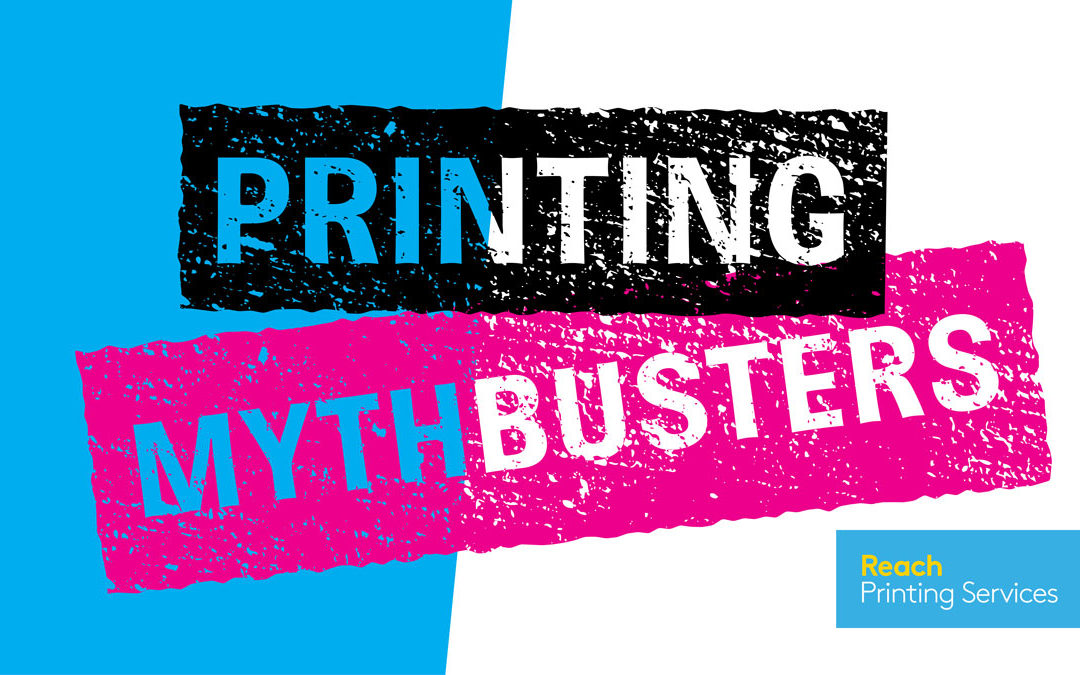
This month we’re looking at mythbusting some of the assumptions around print and its environmental impact. Whilst it’s not uncommon for people to assume that paper has damaging effects on climate change, they tend to ignore the reality that paper can be one of the most renewable and recycled materials in the world.
Let’s take a further look into some of the biggest myths within the paper industry…
Myth Number 1: Using paper has a negative impact on the environment
On average, we recycle 80% of paper in the UK, accounting for only one fifth of all waste that is produced.1 In fact, paper is one of the most recycled materials in the world and is naturally sustainable. In 2020, the European pulp and paper industry reached a recycling rate of 74%, maintaining their position as global leaders for recycling paper.2 All in all, about 56% of the fibre used in papermaking in Europe comes from paper for recycling,3 whilst virgin fibres are only brought into the process to continue the renewable cycle. Therefore, as long as we continue to recycle, we don’t need to feel guilty about using paper – it couldn’t be anymore sustainable.
Myth Number 2: The production of paper is one of the biggest causes of global greenhouse gas emissions
Whilst people choose to focus on how paper can contribute towards elevated levels of environmental pollution, they overlook the fact that using paper from sustainably managed forests means most of the energy produced is renewable and therefore, CO2 emissions are relatively low.
The European pulp and paper industry is one of the lowest industrial emitters of greenhouse gases, accounting for only 0.8% of total emissions,4 and is the largest industrial producer of renewable energy in the EU. So the more we use recycled paper, the lower the carbon footprint.
Myth Number 3: The number of forests is shrinking
It’s a common misconception that the number of forests are declining due to paper production, when in fact, forests continue to grow in both volume and area. Specifically, forests cover around 40% of European land 5 and have grown by 58,390 square kilometres from 2005 to 2020.6
There are multiple schemes that exist to guarantee sustainable forest management, including the two most recognisable and credible certification schemes: The Forest Stewardship Council (FSC®) and The Programme for the Endorsement of Forest Certification (PEFC™). Not only do sustainably managed forests present social, economic and ecological benefits, but forestry certification schemes also guarantee that virgin fibres originate from sustainable sources, reinforcing that most of the energy produced in manufacturing paper is renewable.
Print IS sustainable
It’s no surprise to hear that we’re fans of print at Reach. Having been through many of the myths that present themselves today, it’s safe to say that paper is one of the few natural resources on this planet that can be recycled efficiently and sustainably managed.
—
Sources
- https://www.recyclingbins.co.uk/recycling-facts/
- European Paper Recycling Council, Monitoring Report, 2020
- Cepi, Key Statistics, 2020
- European Environment Agency, Annual European Union Greenhouse Gas Inventory 1990-2018, 2020
- EU Greensource, 2021
- FAO data, 2005-2020

